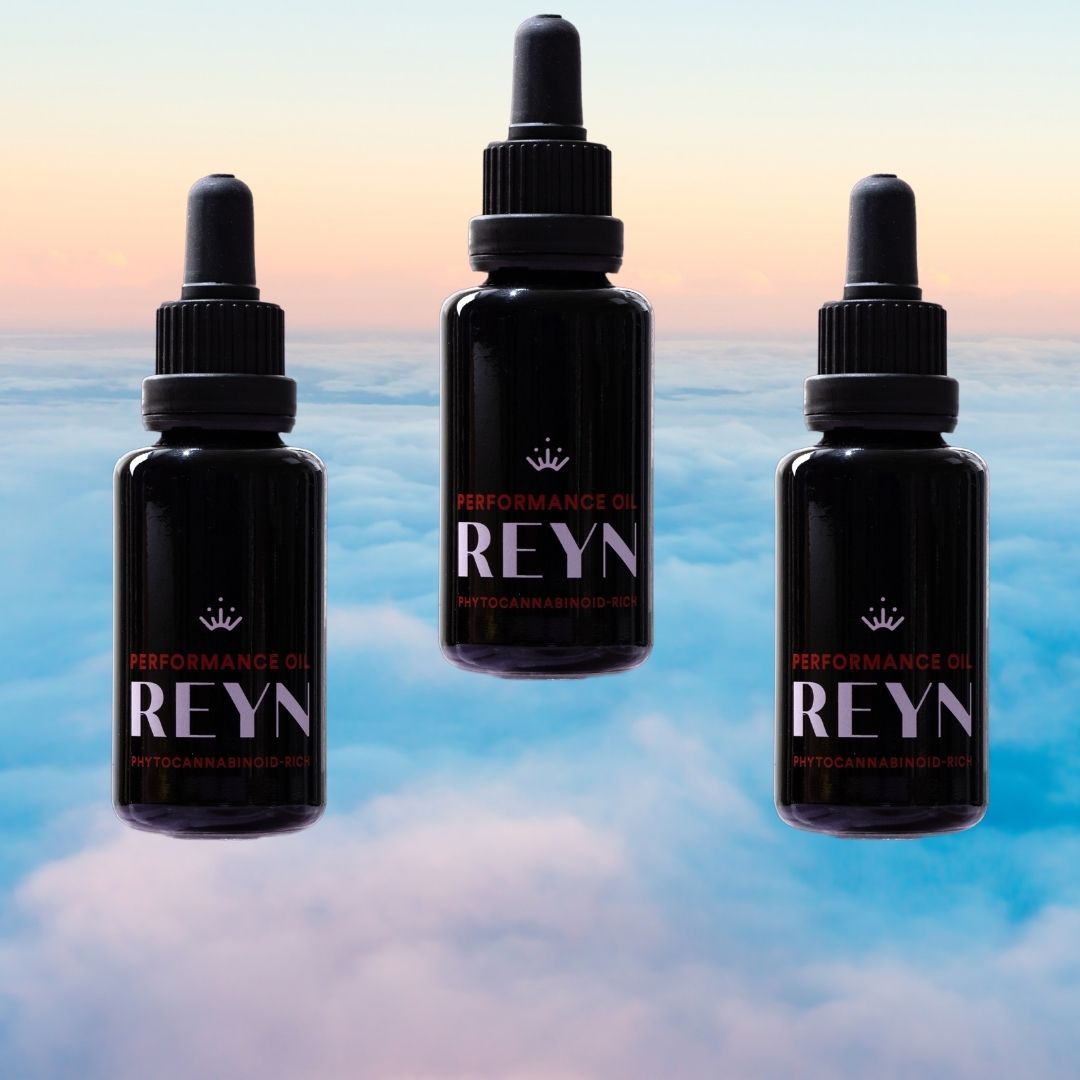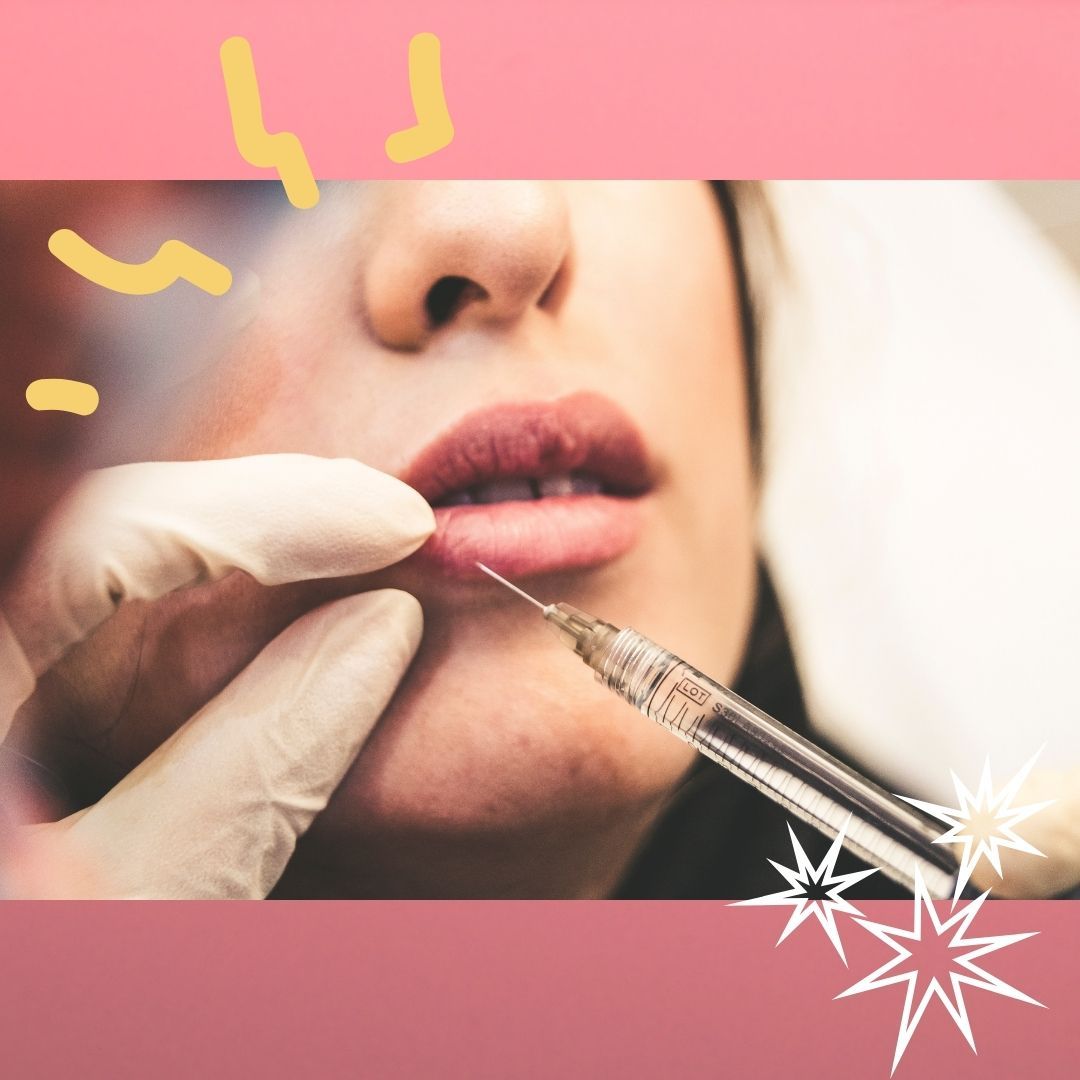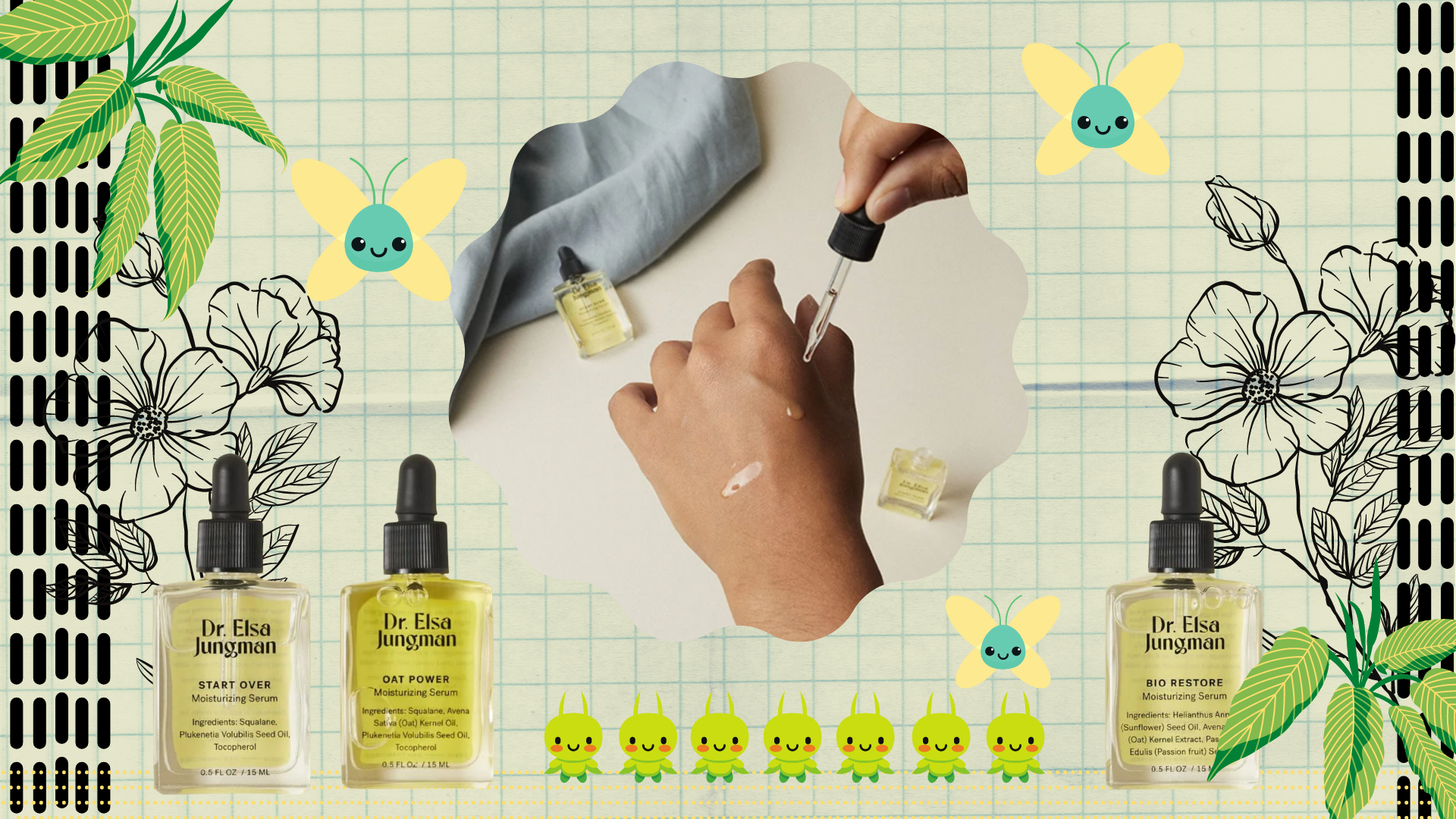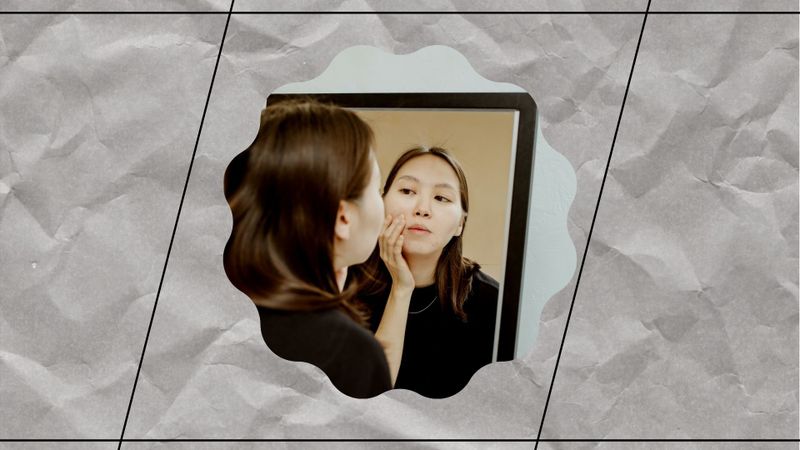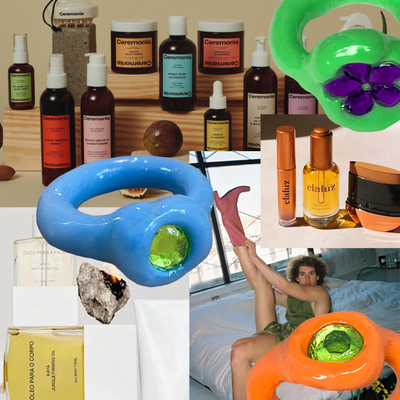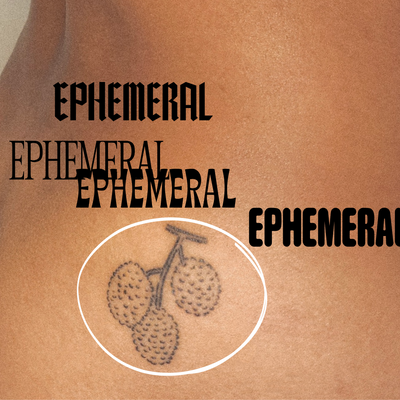Dermatologist TikTok is one of the best ways to get the latest beauty hacks and skincare recommendations.
I’ve learned so many things from skincare TikTok: what the best drugstore sunscreen is and how to apply it, the merits of having Vaseline in your skin routine, and how to apply self-tanner the right way with this Amazon hack, for starters. Something that has been on my mind recently and was brought back to my attention via TikTok is the danger inherent in ubiquity and accessibility of skin bleaching or lightening products at both local beauty supply stores and online retailers like Amazon.
SEE ALSO: Melyon is the skincare brand formulating products specifically for skin of color
A few weeks back, Dr. Camille Brown of @dermbeautydoc posted this specific TikTok warning her followers never to buy skin-lightening products over the counter at beauty supply stores. In her video, she revealed finding illegal prescription steroids, specifically clobetasol propionate, on the shelf sold along with other skin lightening products.
@dermbeautydocPSA! #dermatologist #skincareroutine #hyperpigmentation #beautyhack #Coming2America #brightskin #beautysupplystore♬ Say So (Instrumental Version) [Originally Performed by Doja Cat] – Elliot Van Coup
Dangerous ingredients in skin-lightening creams
Clobetasol propionate is a highly concentrated steroid cream that is often misused as a skin lightening agent on the face, groin, and armpits. It is specifically formulated for severe eczema and dermatitis, only on the body, and when prescribed, only intended and recommended to be used for only two weeks at a time.
It is effective in that it lightens and improves skin conditions like eczema, dermatitis, and psoriasis, but prolonged usage thins out and destroys your skin. And by destroy, I mean, it causes acne, discoloration, stretch marks on the body, and increases the appearance of blood vessels on your face from the skin thinning out so much. It goes without saying here that you shouldn’t be able to buy this over the counter, but you can, so be careful and think twice before you do so.
Lack of regulation in skin-lightening creams
Skin lightening, or bleaching, is something that isn’t talked about enough in the beauty community at large. It is a gap in industry knowledge and access that carries risks that disproportionately affect BIPOC folks with darker skin due to the inherent aspects of societal colorism involved in the industry. For people who try to lighten their entire body and complexion using topical creams, there is a risk of mercury poisoning if that is the active ingredient in the topicals being used, especially after prolonged use.
Although the skin lightening industry is lucrative at large––it is predicted by financial forecasters that the entire industry will be worth 9 billion dollars by 2027– there isn’t a lot of regulation in what is and isn’t allowed to be sold over the counter in beauty supply stores, drug stores, or online retailers.
What skin-lightening creams are safe to use?
In light of an opaque industry and a lack of regulation, what is the safest way to lighten your skin? In her TikTok, Dr. Brown recommends that if you buy skin-lightening products over the counter, choose products with no more than 2% hydroquinone as an active ingredient.
Hydroquinone at a low percentage is less abrasive than steroid creams, because instead of stripping the skin and thinning it, hydroquinone blocks the chemicals that cause skin discoloration and lightens gradually when used correctly– as instructed on the packaging or by your doctor of course, but typically a maximum of twice daily. To be even safer, before applying it to a large patch of skin, put a test strip on your skin and leave it on overnight for 24 hours to see how it affects your skin.
If you feel the need to use something stronger, call your derm and ask for a cream that has a percentage of 4-6% hydroquinone, which is considered the highest, safest dose of this ingredient. Using anything higher, even if it is readily available over the counter, is dangerous for people with dark or sensitive skin.
Skin-lightening alternatives
If you want to lighten your skin, but stay away from chemical lightening agents at large, try products with antioxidants like vitamin A and C, plant acids like kojic or ellagic acid, or niacinamide to treat hyperpigmentation. The results won’t be as pronounced as a chemical treatment, but it will prevent skin damage and photoaging in the long run.
But the thing is, no matter what you choose, skin lightening is a personal decision. You don’t need to lighten your skin to be or feel beautiful even though generations of colorism and internalized racism can make it feel important and pressing. But if you do choose to lighten your skin, be realistic and safe about what you put on your body, and when in doubt, always hit up your dermatologist first before you start using these “remedies.”
READ MORE LIKE THIS
